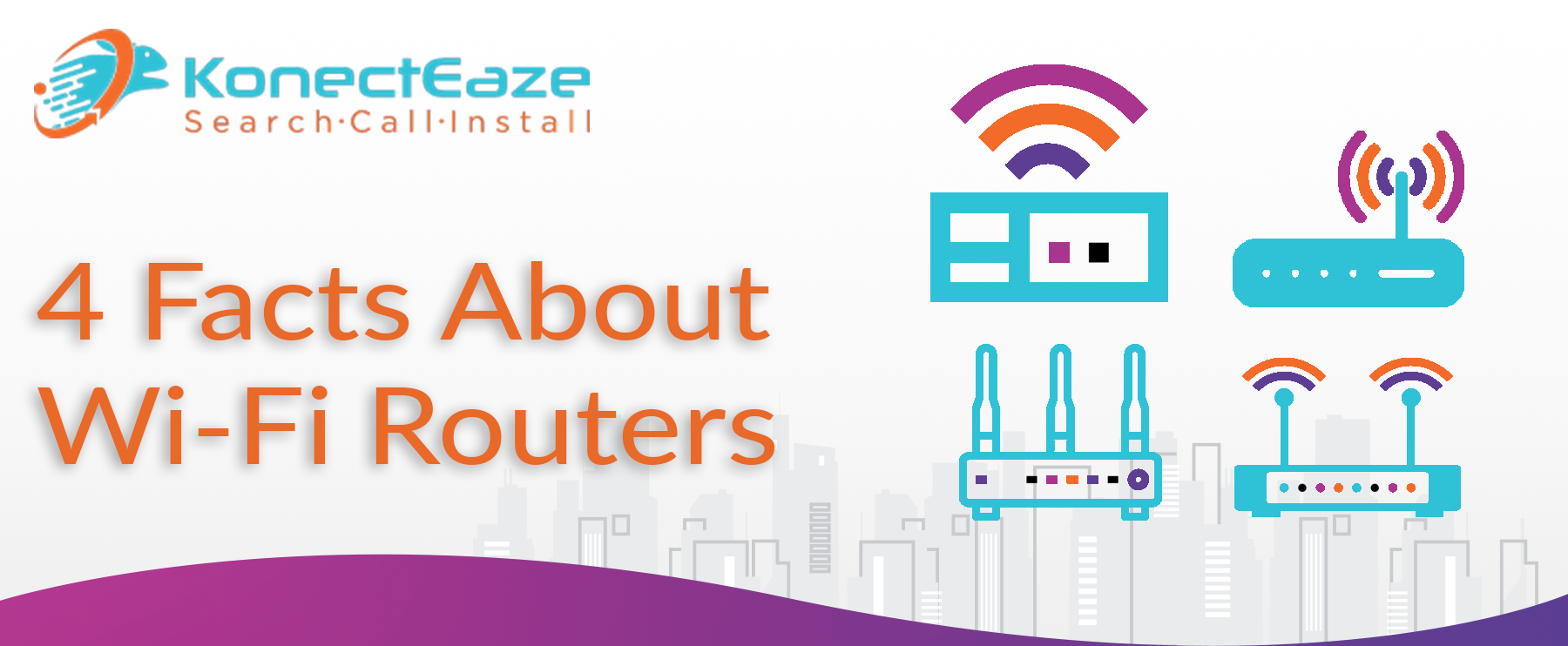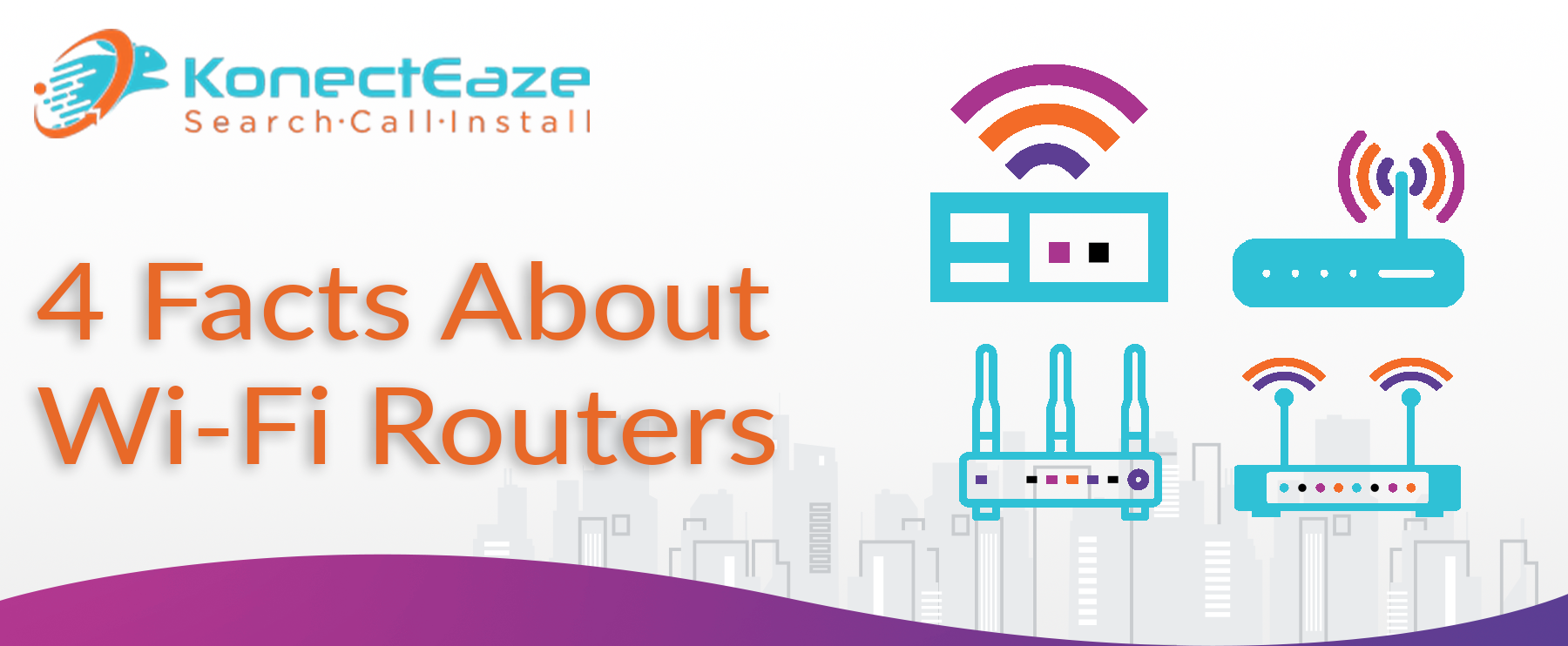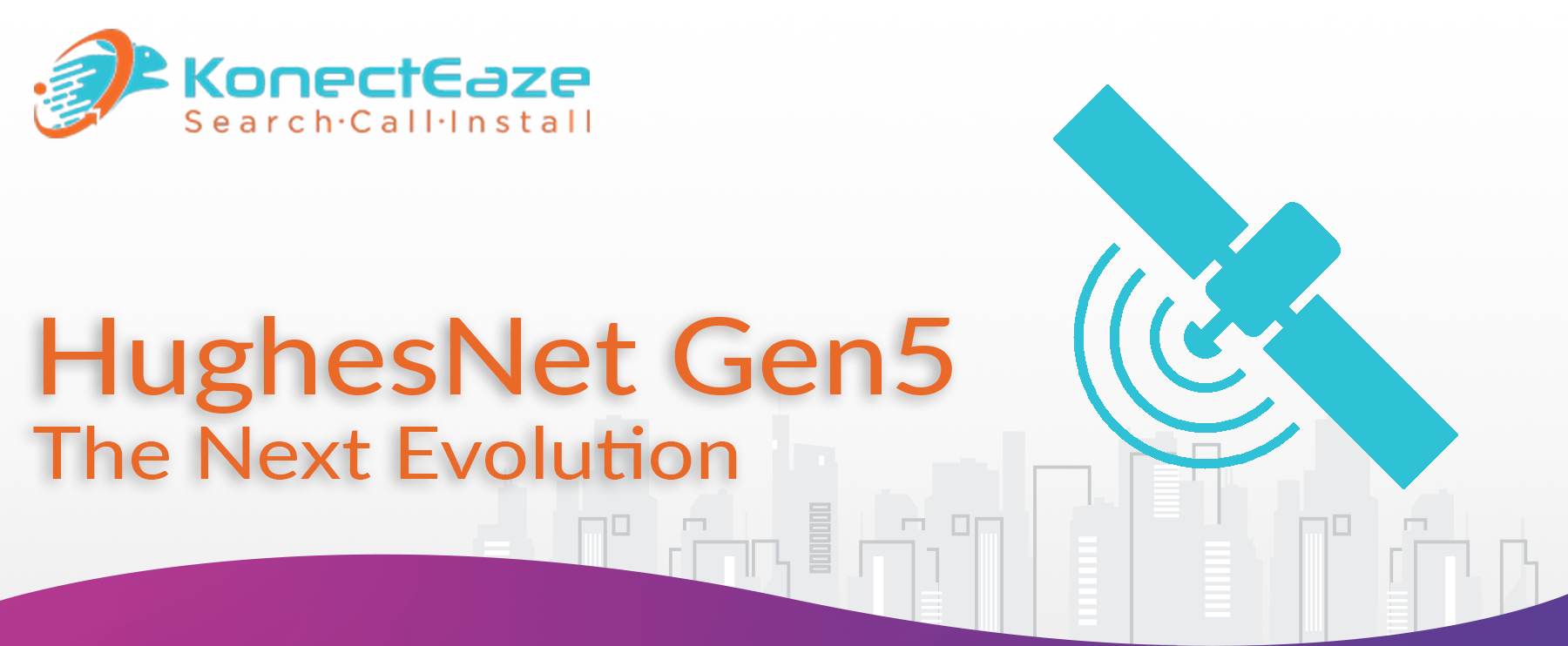AT&T vs. Spectrum Internet: A Comprehensive Comparison
Introduction
Choosing the right internet service provider (ISP) can be a daunting task, especially when comparing two industry giants like AT&T and Spectrum. Both providers offer a range of plans and services designed to meet various needs, but how do they stack up against each other? This comprehensive comparison will help you understand the key differences and similarities between AT&T and Spectrum to make an informed decision.
AT&T Internet Plans
AT&T offers both DSL and fiber-optic internet services, with their fiber plans being particularly notable for their high speeds and reliability. Here are some key plans:
- Internet 1000: Up to 1000 Mbps, $60 per month. Ideal for heavy streaming, gaming, and large households.
- Internet 500: Up to 500 Mbps, $45 per month. Suitable for multiple users and devices.
- Internet 100: Up to 100 Mbps, $35 per month. Great for small families and light streaming.
AT&T's fiber plans are known for their symmetrical speeds, meaning you get the same upload and download speeds, which is excellent for activities like video conferencing and online gaming.
Spectrum Internet Plans
Spectrum, on the other hand, offers cable internet services. While cable internet can be less reliable than fiber due to shared bandwidth, Spectrum provides competitive speeds and extensive coverage. Here are some of Spectrum's plans:
- Spectrum Internet Gig: Up to 940 Mbps, $109.99 per month. Perfect for very high-demand households and heavy users.
- Spectrum Internet Ultra: Up to 400 Mbps, $69.99 per month. Great for streaming, gaming, and smart homes.
- Spectrum Internet: Up to 200 Mbps, $49.99 per month. Suitable for most households with moderate internet usage.
Spectrum also provides a free modem and antivirus software with all their plans, which can be a cost-saving benefit.
Pricing and Value
When comparing pricing, AT&T generally offers more competitive rates for their fiber plans, especially considering the symmetrical speeds. However, Spectrum's plans come with no data caps, which can be a significant advantage for heavy internet users. Additionally, Spectrum's cable infrastructure allows for widespread availability, making it a viable option in areas where AT&T's fiber service is not yet available.
Customer Service and Satisfaction
Both AT&T and Spectrum have had their share of customer service challenges. According to the American Customer Satisfaction Index (ACSI), AT&T tends to rank slightly higher in customer satisfaction compared to Spectrum. However, experiences can vary widely based on location and individual circumstances.
Conclusion
Both AT&T and Spectrum offer robust internet services with distinct advantages. AT&T's fiber plans are ideal for those seeking high-speed, reliable internet with symmetrical speeds, while Spectrum's cable plans offer no data caps and extensive availability. Your choice will depend on your specific needs, budget, and the availability of services in your area.




